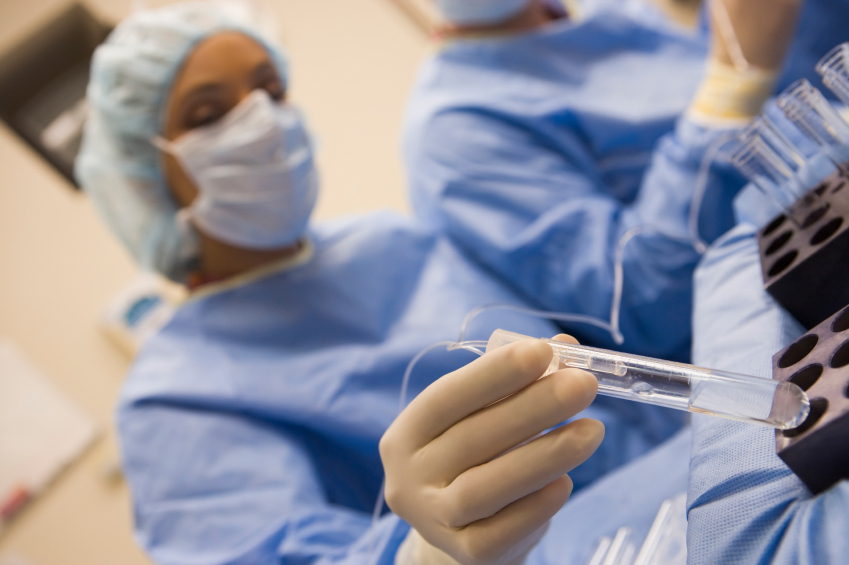In India, a woman recently used semen from her son who died of cancer to have grandchildren. The mother used an egg donation and called on a surrogate mother to have the twins. In this case, her son – the donor – had frozen his sperm before the treatment and gave his mother and sister the right to use it in the event of death. However, the extraction of posthumous and perimortem semen is sometimes used in circumstances such as this one if gametes were not saved when the man was alive (cf. Insémination post-mortem : son mari assassiné, la jeune femme demande une FIV) (cf. Post-mortem insemination: after her husband’s murder, a young woman asks for in vitro fertilization).
Whilst corpses contain a variety of materials that may be useful to others, the question is whether the collection and use of these materials is acceptable in itself. The violence of the procedure used after death can indeed be described as undignified, and for some it amounts to sexual assault.
Moreover, what people want to use are the genes of deceased people, but the process is strangely asymmetrical: children get their genes from at least two people, but the female genetic contributor may disappear. In the Indian case, an anonymous egg donor was required, who was excluded from subsequent arrangements. She played no role, but the donation of her reproductive tissue was necessary so a woman’s dream of becoming a grandmother could come true.
What this story reveals is that “reproductive products such as semen and eggs have a value independent of the person who produces them” and that regulatory systems must be put in place “to ensure that bodies are not looted for the benefit of others”.
Reproductive technologies and embryo research have together transformed gametes into marketable products. Sperm and eggs can and are bought and sold. And the doctor who can guarantee a supply of gametes, especially eggs, will have a substantial advantage in the fertility treatment market.
Bionews, Dr Anna Smajdor (05/03/2018)

